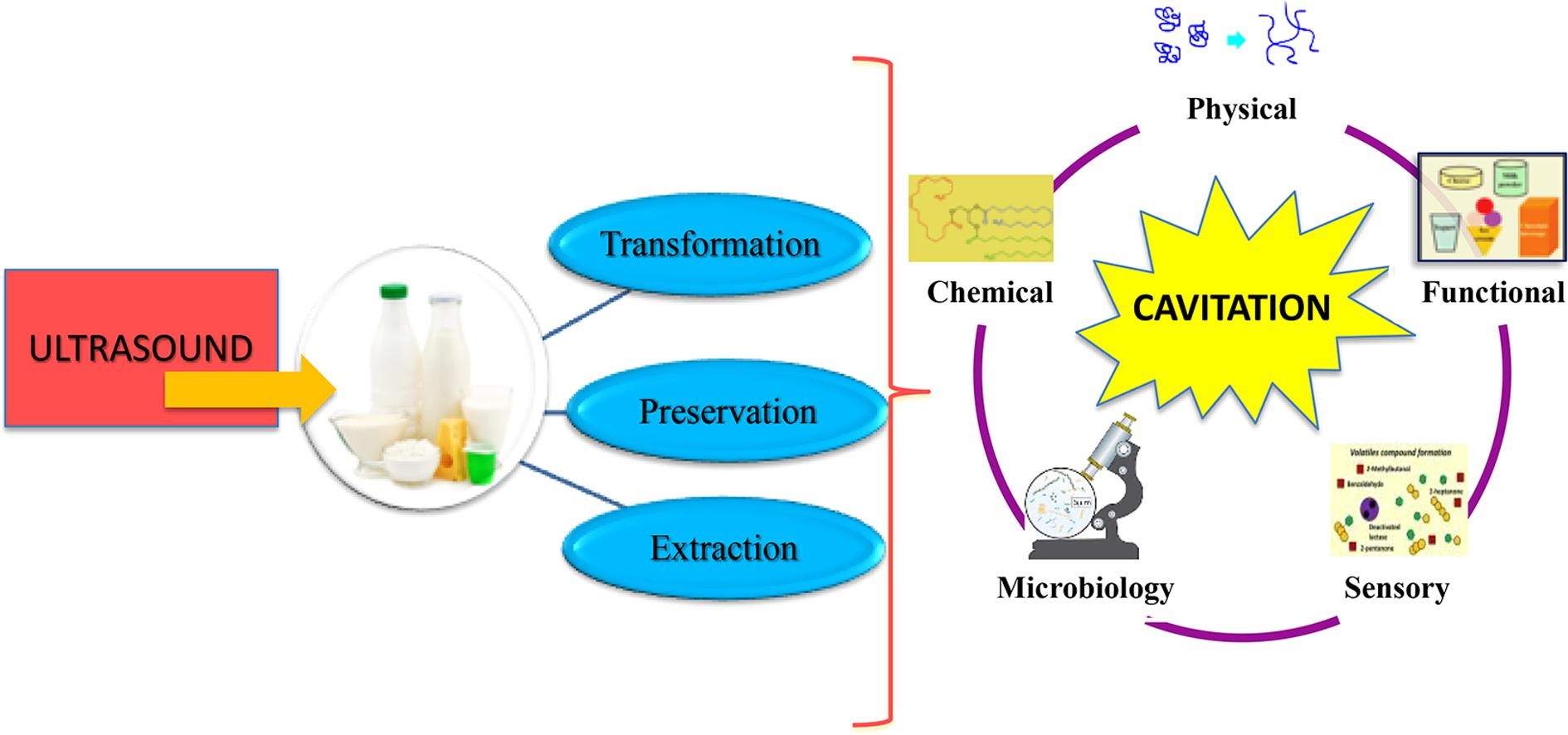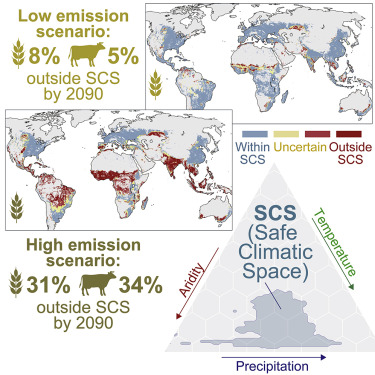Trends in Food Science and Technology, Volume 111, May 2021
Background: Coffee is of the most traded commodities in the world and its market has grown regularly over the last 150 years. During production and processing of coffee beans many by-products are generated such as skin, pulp, mucilage, parchment, silverskin, and immature /defective coffee beans. Around 50% of coffee fruit is discard and can contaminate the environment. Scope and approach: The purpose of this review is to raise potential applications for coffee by-products in topical formulations. Besides, to present the main bioactive compounds responsible for their biological activity.
Food Chemistry, Volume 343, 1 May 2021
Food packaging can be considered as a passive barrier that protects food from environmental factors such as ultraviolet light, oxygen, water vapour, pressure and heat. It also prolongs the shelf-life of food by protecting from chemical and microbiological contaminants and enables foods to be transported and stored safely. Active packaging (AP) provides the opportunity for interaction between the external environment and food, resulting in extended shelf-life of food. Chemoactive packaging has an impact on the chemical composition of the food product.
One Earth, Volume 4, 21 May 2021
Food production on our planet is dominantly based on agricultural practices developed during stable Holocene climatic conditions. Although it is widely accepted that climate change perturbs these conditions, no systematic understanding exists on where and how the major risks for entering unprecedented conditions may occur. Here, we address this gap by introducing the concept of safe climatic space (SCS), which incorporates the decisive climatic factors of agricultural production: precipitation, temperature, and aridity.



